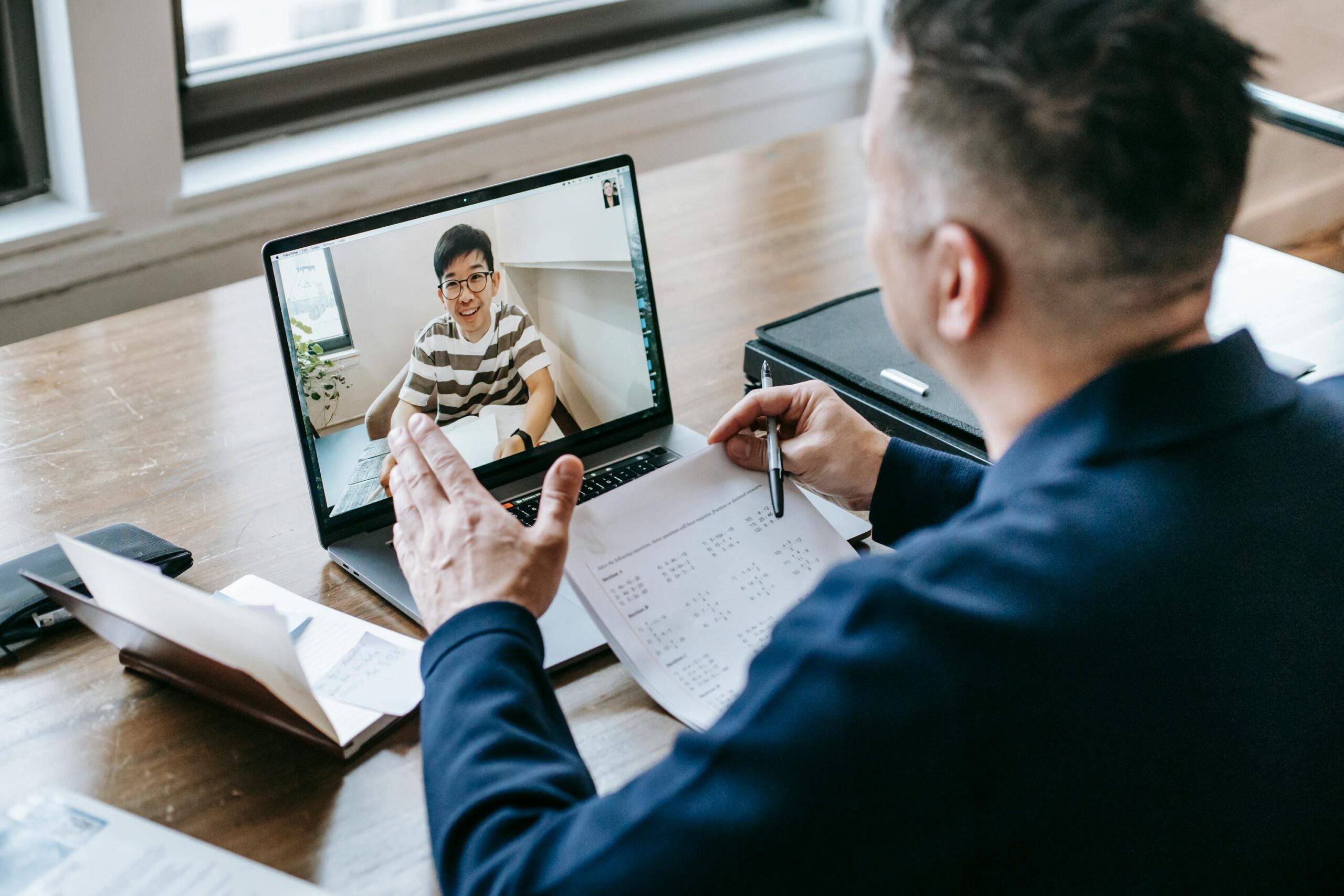
As the traditional workplace has shifted toward a hybrid model, the concept and execution of mentorship have evolved along with the workplace. From fostering virtual connections to facilitating in-person interactions, mentorship is different for the modern professional. But even with the unique challenges and opportunities the hybrid workplace presents, mentorship remains a vital and effective tool for professional growth.
Challenges and Opportunities for Mentorship
The transition to a hybrid workplace, with a blend of remote and on-site arrangements, introduces complexities to the mentorship dynamic. One of the more noticeable challenges is the reduced opportunity for in-person interaction. This loss can impact the spontaneity and richness of communication, often taken for granted in traditional office settings. Additionally, the physical distance can lead to potential communication barriers, where cues like body language and non-verbal signals are lost in translation. To mitigate these challenges, it is essential to recognize how these interactions contribute to a mentoring relationship and seek alternative methods to imitate this level of engagement proactively.
However, with these challenges there is a silver lining; the potential for developing more flexible and inclusive mentorship models. Hybrid work environments can remove geographical limitations, allowing for mentor-mentee pairings that would not otherwise be possible. This can lead to diversifying mentorship relationships and providing mentees with broader perspectives and experiences. Further, embracing technology becomes not just a necessity but an asset. Innovative communication strategies, such as scheduled video calls, collaborative online workspaces and digital whiteboarding sessions, can create new avenues for interaction. The result is a more adaptable and personalized mentorship experience that can cater to individual preferences and schedules, nurturing a more engaging and dynamic learning environment.
Effective Communication
Clear and consistent communication is critical in mentorship, regardless of whether mentors and mentees meet in person daily. However, the absence of face-to-face interactions demands a strong emphasis on clear, concise and frequent communication. Establishing and sticking with regular check-ins through diverse communication tools such as messaging applications, video calls and email can help maintain a robust mentor-mentee connection. Tailoring a system to meet the needs and preferences of individuals ensures that the mentorship remains engaging and effective despite the physical distance.
Like traditional mentorship, another aspect of successful communication in hybrid mentorship involves setting clear expectations and goals. Both mentors and mentees should be encouraged to articulate their objectives, challenges and progress. Remember that goals should be SMART: specific, measurable, achievable, realistic and time-based. This clarity helps align the mentorship to the particular needs and aspirations of the mentee, ensuring a focused and rewarding experience for both parties.
Combining Virtual and In-Person Interactions
A balanced approach incorporating virtual and in-person interactions can optimize the mentorship experience in a hybrid workplace. Virtual meetups, like video calls or online chats, offer convenience and allow for frequent touchpoints regardless of where the individual resides. These tools can be effectively used for regular updates, quick queries and maintaining a constant connection.
In-person meetups, on the other hand, are invaluable for building deeper connections and facilitating more personal interactions. When possible, arranging face-to-face meetings can strengthen the relationship. These meetings can be used for more in-depth discussions, brainstorming sessions or rapport-building. A sensible mix of virtual and in-person interactions can create a robust and flexible mentorship experience.
Building Lasting Relationships
Mentorship in a hybrid workplace should surpass simple professional guidance and focus on building lasting, personal relationships. Mentors are critical to the success of the younger workforce and can offer invaluable life lessons and personal experiences alongside professional advice. Sharing personal stories and challenges fosters trust and empathy, making the relationship more meaningful and supportive. Learning from others’ missteps and triumphs can allow mentees to navigate their careers with greater wisdom and preparedness.
Similarly, mentees should be encouraged to be open about their aspirations and challenges beyond their professional lives. Opening up in this way invites mentors to provide guidance that transcends the workplace, addressing the mentee’s broader personal development, which often underpins professional success. This holistic approach to mentorship can lead to a deeper understanding and stronger bonds between mentors and mentees. These relationships contribute to professional growth and personal development, making the mentorship journey more fulfilling for both parties.
Two-Way Feedback
Finally, constructive feedback from both mentors and mentees is essential. It helps identify areas for improvement and adapt strategies to better meet the participants’ evolving needs. Feedback mechanisms are critical in shaping a responsive and effective mentorship program, benefiting all involved parties. Regular feedback encourages ongoing dialogue and ensures that the mentorship program remains dynamic and relevant rather than static. It creates a continuous loop of communication and adjustment, where both parties can actively contribute to enriching the mentorship experience.
Conclusion
Navigating mentorship in today’s hybrid workplace requires a thoughtful blend of technology, personal connections and continuous improvement. By leveraging digital tools, fostering strong relationships and staying abreast of future trends, mentors and mentees can make the most of the opportunities presented by this evolving work environment. The success of mentorship in this new era hinges on adaptability, openness to diverse experiences and a commitment to personal and professional growth. As we embrace these changes, the potential for impactful and enduring mentorship in the hybrid workplace becomes increasingly promising.
Discover how to elevate your team’s expertise and bridge the skills gap within your organization by searching our catalog. Explore our range of programs tailored for professional development or contact us to craft a personalized growth plan that aligns with your team’s unique goals.



